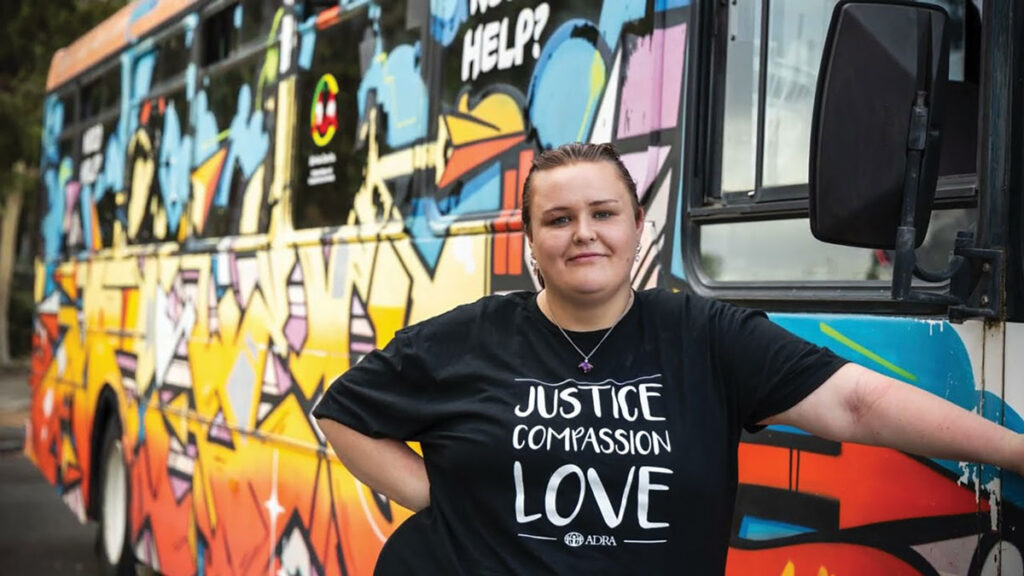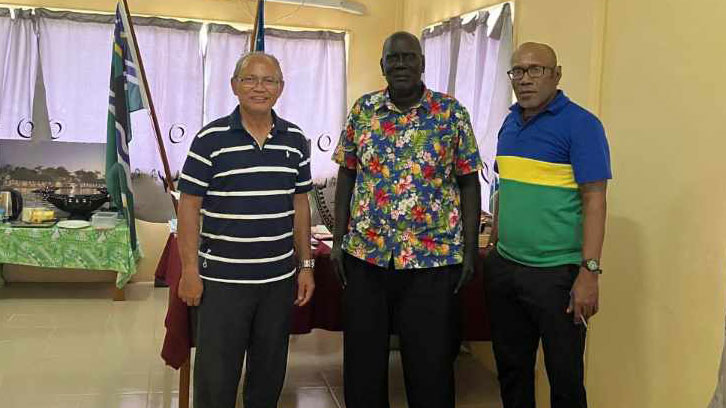“With great power comes great responsibility.”
This ancient adage, made popular through the Spider-Man franchise, rings as true now as it did centuries ago. It acknowledges the universal truth that positions of power come with their share of responsibility. And those with power have a responsibility not to take advantage of the power for their own gains.
“Abuse of Power” is this year’s focus for the Seventh-day Adventist Church’s enditnow Emphasis Day (August 27). Much as we would like to believe the Church, its ministries and members are immune from issues like the abuse of power, the sad reality is we know this is not the case.
According to the South Pacific Division office, the prevalence of women experiencing domestic violence in the Pacific is 70 per cent and 60 per cent for Indigenous women. Devastatingly, these statistics are the same within the Church as they are in general society.
This was never God’s intention.
“A new command I give you: Love one another. As I have loved you, so you must love one another. By this everyone will know that you are my disciples, if you love one another” (John 13:34,35).
The golden rule of Matthew 7 is what it looks like to love one another. The parable of the Good Samaritan is what it looks like to love one another. Loving one another does not look like violence. It does not look like financial, emotional or sexual abuse. Using a position of power to control someone else is not what it looks like to love one another.
For people like Nali*, a mother of five in Papua New Guinea, abuse of power came from someone who claimed to love her most.
“My husband would verbally and physically abuse me when I got home late from class,” says Nali.
Before participating in adult literacy classes, life was very challenging for Nali and her husband. They worked as subsistence farmers, but the money they made selling crops was never enough. Their children were missing school and the family was living hand to mouth.
Nali was delighted to learn about an adult literacy class made available through ADRA’s Church Partnership Program. And, at the end of the literacy class, sewing training was available to help students expand their skills.
But Nali’s husband didn’t like her classes. If Nali was late coming home, her husband would yell and beat her. But she persevered with her attendance, and gradually her husband began to see the value in her newly acquired skills.
“Her husband was so impressed because he saw his wife sewing dresses for women and selling them for K50 and she was earning a lot of money,” says ADRA staff member Linda. “He began to support her by purchasing fabric materials. Her children were happy because they have new clothes to wear.”
And with her literacy skills, Nali was delighted to be able to support her children with their homework.
“The project has made Nali’s experience peaceful instead of family violence, abuse and negligence from her once abusive husband,” Linda says. “It has also increased the level of family income and created a conducive environment for her children’s learning.”
Nali’s experience highlights the damage domestic violence can have not just on an individual, but on a family’s wellbeing.
Every child, woman and man deserves to live as God intended, experiencing life to the full. There is no space for abuse of power in God’s vision for this world. As a Church, we need to be setting the example for the world, not falling into the trap of sin.
It is time to talk within our churches about uncomfortable issues and to reinforce healthy uses of power. We can do so much good with the power we hold, as a church and as individuals.
Church leaders in Papua New Guinea are modelling this through the establishment of Adsafe and the use of the Theology of Human Equality. How will you and your church draw attention to this important topic?
*Name changed for safeguarding purposes.
Ashley Stanton is media and communications coordinator for ADRA Australia/NZ.






